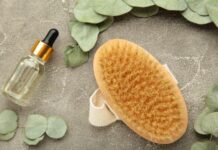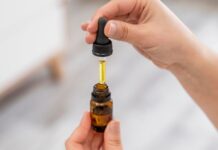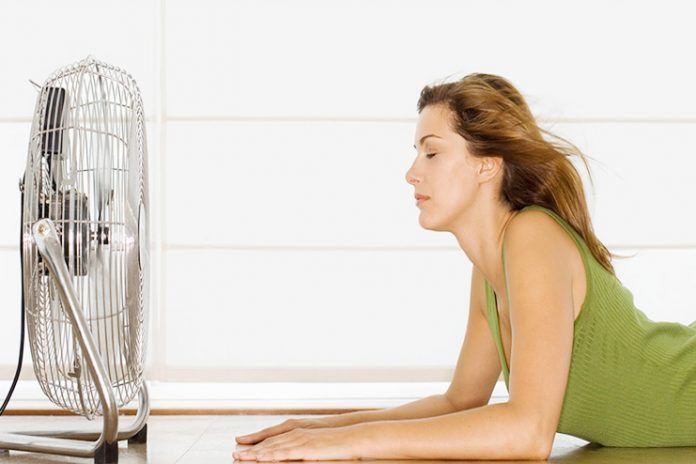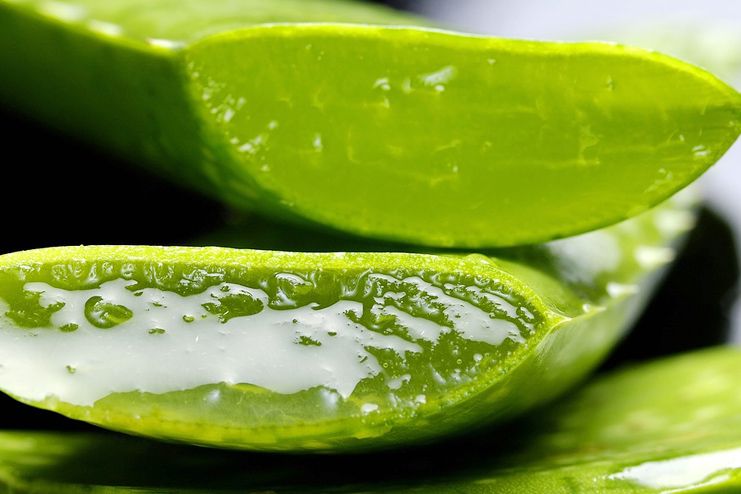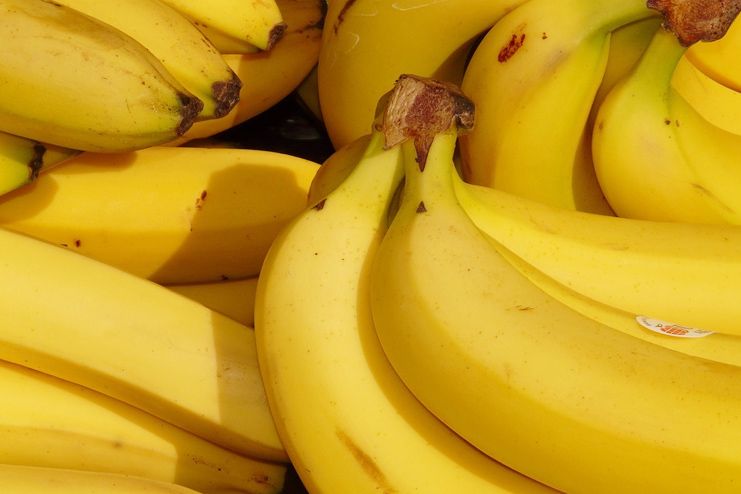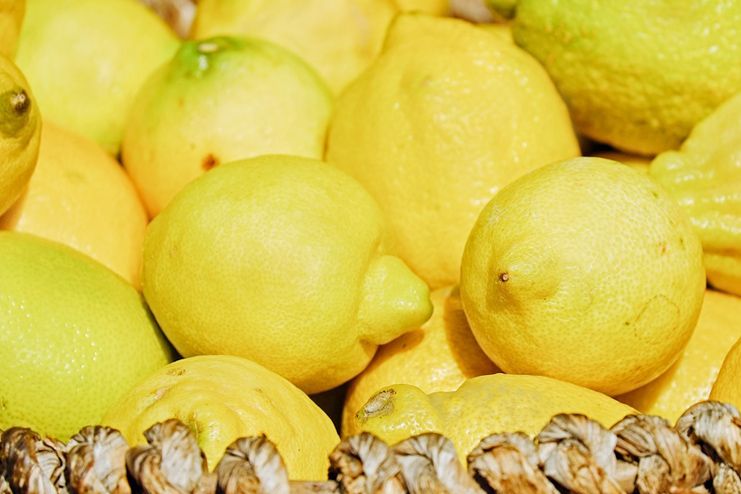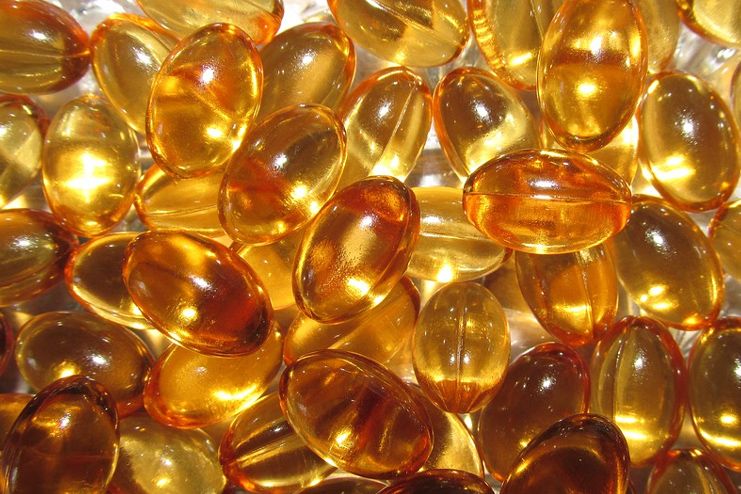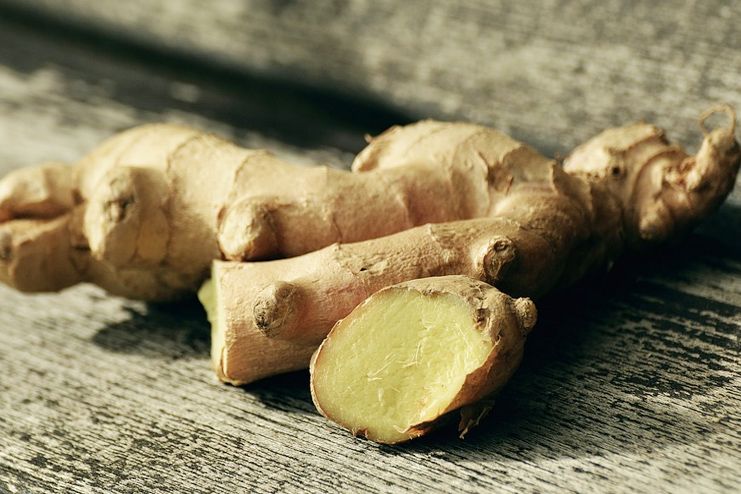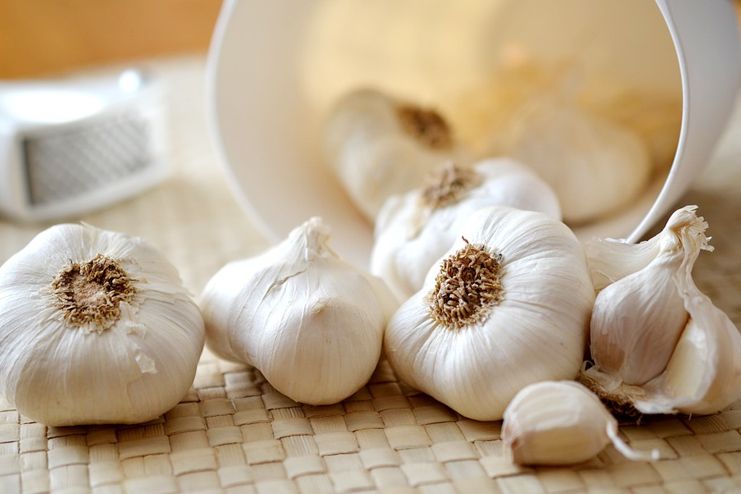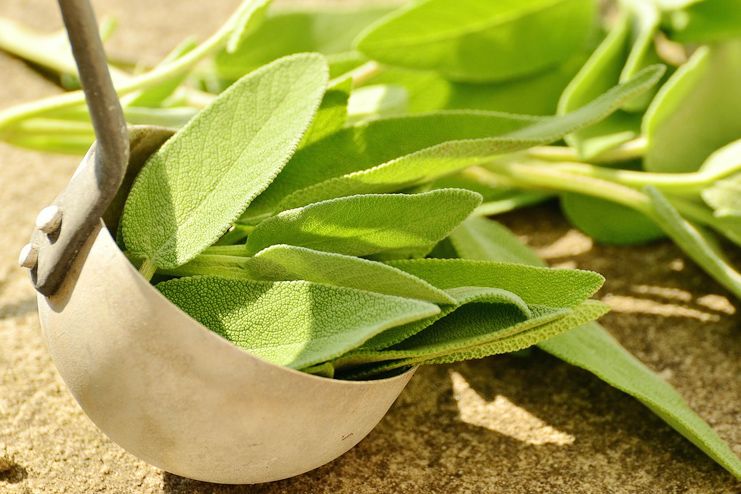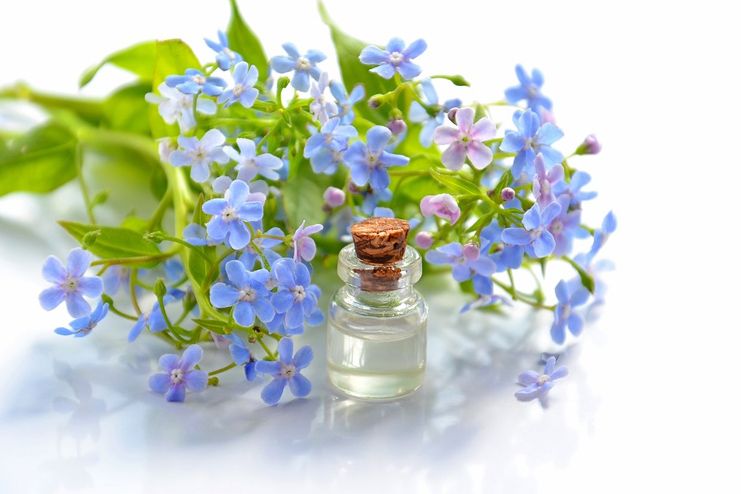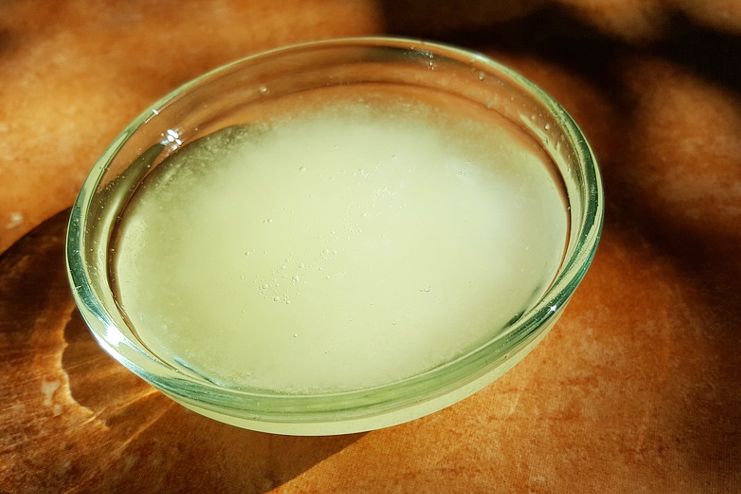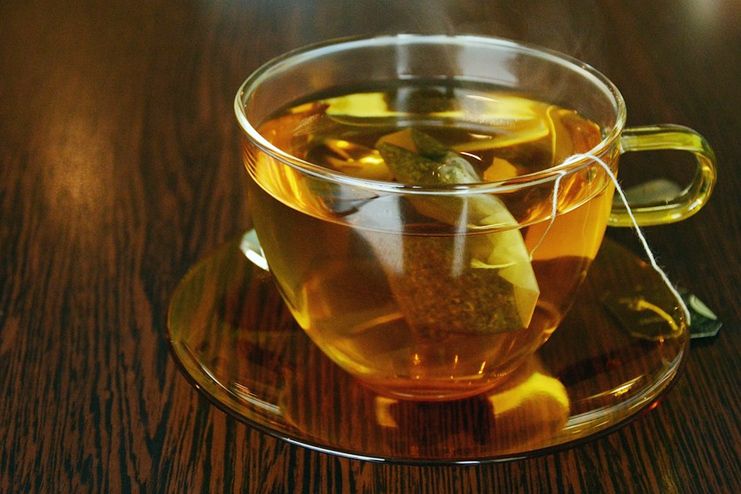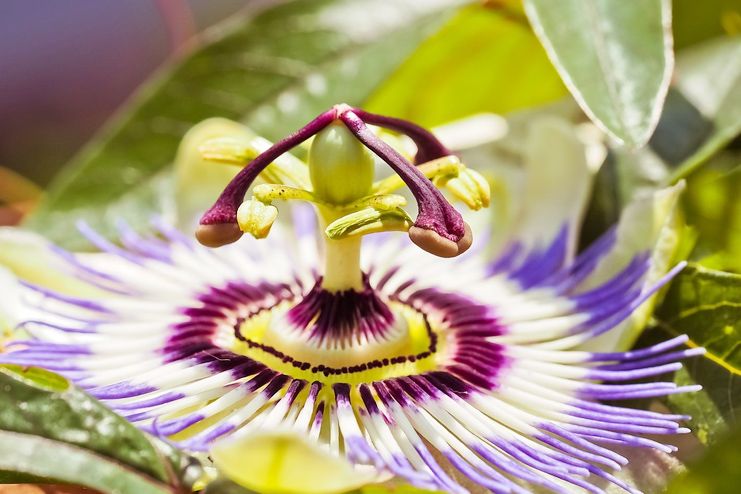Affiliate Disclaimer
Some links in this article are affiliate links. We may earn a small commission if you make a purchase through these links, at no extra cost to you. We only recommend products we find useful to our readersDo you often feel warmth on your skin, especially around the neck, face, and chest area? You could be in a typical environment with no direct exposure to heat but feel like your skin is burning in certain regions.
If you have experienced this before, you are likely having a hot flash—these hot flashes cause reddening of the skin and even constant sweating.
Hot flashes are common, and to know more, read on. In this article, we will review the causes, symptoms, and treatment of hot flashes.
Read more: 20 natural remedies for menopause
What are Hot Flashes?
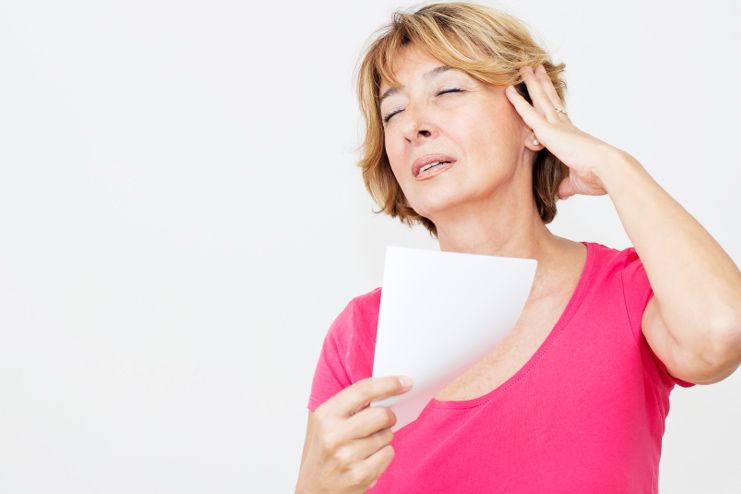
Hot Flashes are categorized as a vasomotor symptom that accompanies the sudden sensation of warmth and hotness in certain regions of the skin on the body. It is often experienced in different intensities and time durations based on the kind of physiology that a woman has. It is usually witnessed around the areas of the neck, near the face, and sometimes around the chest area, too.
A typical hot flash lasts 1–5 minutes but can vary from person to person and last up to an hour. The frequency of hot flashes can also vary, ranging from a few times a day to less than once a week.
Below are some of the symptoms that accompany hot flashes:
- Sudden warm sensation in certain parts of the body.
- The sudden rushing of blood from the bottom part of the body to the head.
- Feeling very hot followed by feeling chilly.
- Heart palpitations accompany an increased pulse rate.
- Perspiration.
- Dizziness and headache.
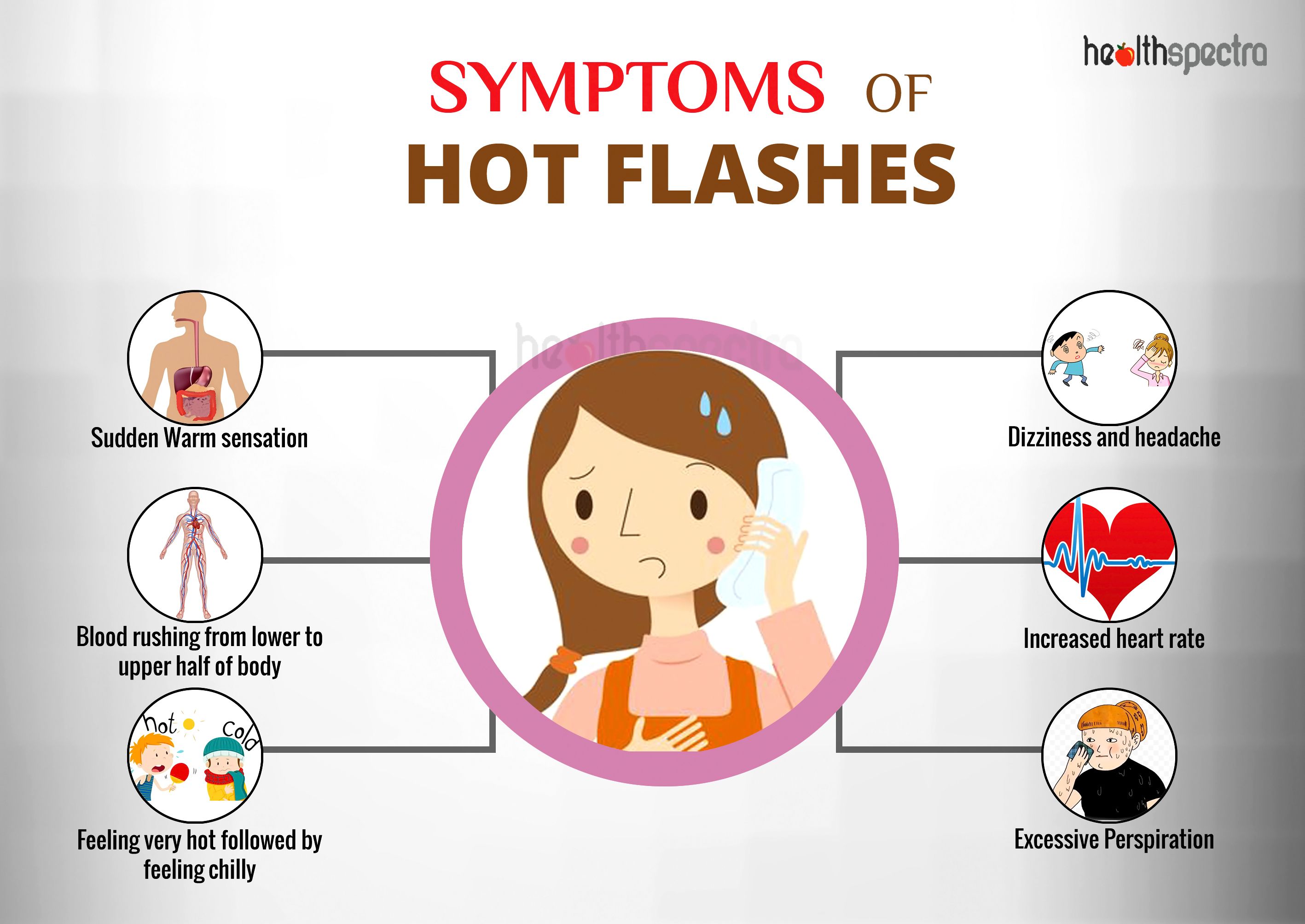
What are the Causes of Hot Flashes?
 The cumulative inability of the body’s hormonal regulation causes hot flashes and night sweating. This is the primary reason why many women undergoing menopause tend to experience such symptoms.
The cumulative inability of the body’s hormonal regulation causes hot flashes and night sweating. This is the primary reason why many women undergoing menopause tend to experience such symptoms.
You might also experience hot flashes while pregnant. Why? Because the hormones are imbalanced.
While menopause remains the primary reason for hot flashes among women, here are some other possible causes:
- Hormonal Imbalance
- Stress, Anxiety, and Depression
- Wearing extremely tight clothing in hot weather
- Consumption of excess alcohol
- Smoking
- Eating spicy food
- Caffeine
- Pregnancy
- Hyperthyroidism
Read More: Perimenopause: Symptoms to watch and lifestyle strategies to ease the transition
How to Treat Hot Flashes?
The treatment of hot flashes normally starts with the person standing in front of an air conditioner or a fan. This is the first line of treatment. People often rely on natural home remedies and later resort to other specific treatments to cure hot flashes.
One important aspect of hot flashes is that an underlying health condition often triggers them. Identifying the trigger is the first step toward an effective treatment plan. This helps in controlling the recurrence and symptoms of hot flashes, which can adversely affect an individual’s health.
To make it easier, here are some of the tips that can come in handy when you are experiencing hot flashes:
- Wear layers of clothes, which you remove or put back on, to adjust your body temperature.
- Using cotton bed linens and cotton fabric for clothes at night helps significantly reduce hot flashes.
- Sipping on ice water during the start of a hot flash helps in quick treatment.
- Being in front of a fan or air conditioner to cool the body down temporarily.
The section below covers effective home remedies to treat hot flashes.
Home Remedies for Hot Flashes

Home remedies can help relieve hot flashes. If you have been consistently feeling uneasy because of hot flashes, it is time to include some of these natural remedies in your routine.
1. Apple Cider Vinegar
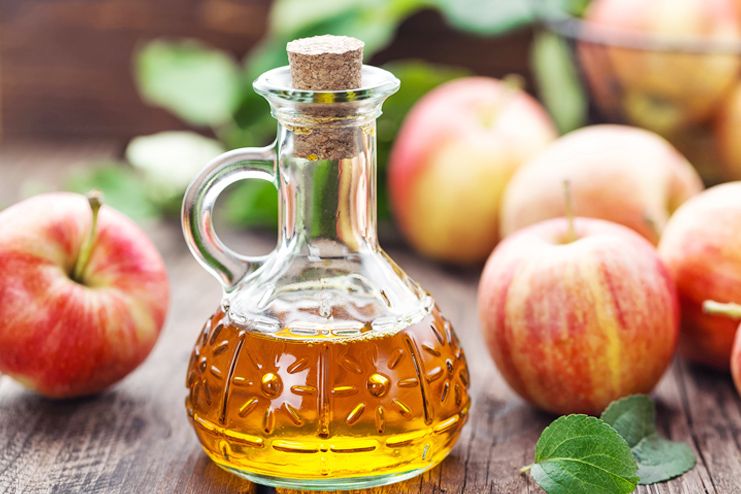
Apple Cider Vinegar is a valuable ingredient not just in your kitchen but also for treating hot flashes. The very versatile Apple Cider Vinegar has cemented its place in the category of home remedies with its excellent benefits.
It is one of the most opted-for natural remedies for hot flashes. It effectively provides momentary relief from the burning and uneasiness caused by hot flashes. It reduces the intensity of not just hot flashes but also night sweats.
For effective results, mix one tablespoon of apple cider vinegar with a glass of water and drink it twice a day.
2. Basil
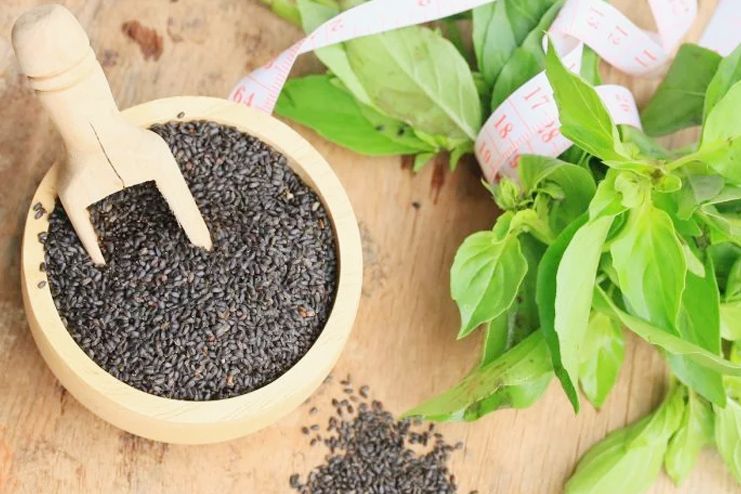
Basil seeds and leaves have fantastic cooling properties making them extremely beneficial for hot flashes treatment. It helps in toning down the excessive warming sensation and even calms and soothes the mind just with the mere inhalation of the smell of the crushed seeds.
If you want long-term relief, it is always best to choose one of the various kinds of basil seed teas available on the market.
Opt for your choice of basil seed tea, two spoons. Add the tea to boiling water and simmer for 5 minutes. Strain the liquid and drink it cool, not hot, because hot water can aggravate hot flashes further.
3. Aloe Vera
During menopause, there are several hormonal imbalances in the body, causing hot flashes. And to treat hot flashes effectively, we must strike a balance in the hormones.
Aloe Vera is one of the best remedies for hot flashes because it is rich in phytoestrogens, which tend to mimic the functions of normal estrogen in the body and thereby decrease levels of estrogen that could be causing the signs and symptoms related to hot flashes.
Consumption of half a glass of aloe vera juice (fresh, if possible) can help restore the body’s hormonal balance.
4. Bananas
Bananas are one of the most beneficial fruits when treating hot flashes. Hot flashes are often characterized by increased blood pressure, heart rate, sweating, and the sudden sensation of warmth.
Bananas are low in sodium and high in potassium, which helps keep blood pressure in check. This tends to not just stop hot flashes but also prevent risks of any kind of cardiac issues.
Consume one or two bananas a day to keep the symptoms at bay.
5. Vitamins
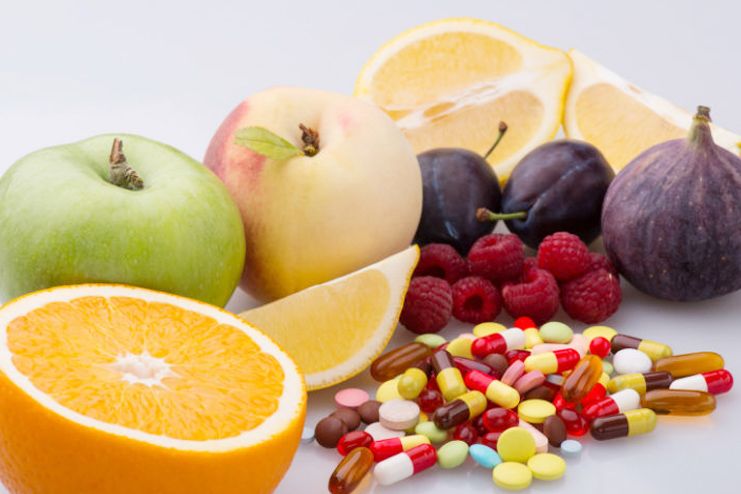
Vitamins are yet another supplement that works wonders for fighting hot flashes. They enrich one’s well-being when undergoing menopause.
Menopausal symptoms accompany several changes in a woman’s body and that starts with the lack of hormones and essential vitamins. You may need to make up for the lack of vitamins by replenishing from external sources.
Now, let us focus on essential vitamins and their roles in relieving hot flashes.
I. Vitamin C
Vitamin C, scientifically termed ascorbic acid, is an effective remedy for hot flashes. Vitamin C and bioflavonoids found in citrus fruits may help alleviate hot flashes in menopausal women. It is often inculcated along with hesperidin to help eliminate hot flashes.
Including a good quantity of citrus fruits in your diet will help you stay hydrated and replenish your body’s lack of vitamins, thereby reducing the hot flashes during menopause.
Vitamin C also boosts the production of collagen in the body, which is a bonus when it comes to relieving hot flashes because it helps combat the dryness and itchiness that often accompany them.
II. Vitamin E
Yet another great anti-oxidant vitamin that works wonders for hot flashes is Vitamin E. There are often instances when menopausal women complain of hot flashes and night sweating. Since the hormonal level further goes down during the night, there is a chance that the reason is that your hot flashes are worse during the night.
Vitamin E is an amazing alternative to artificial supplements that many women rely on. Consult your doctor if you plan on taking supplements.
III. Vitamin B9
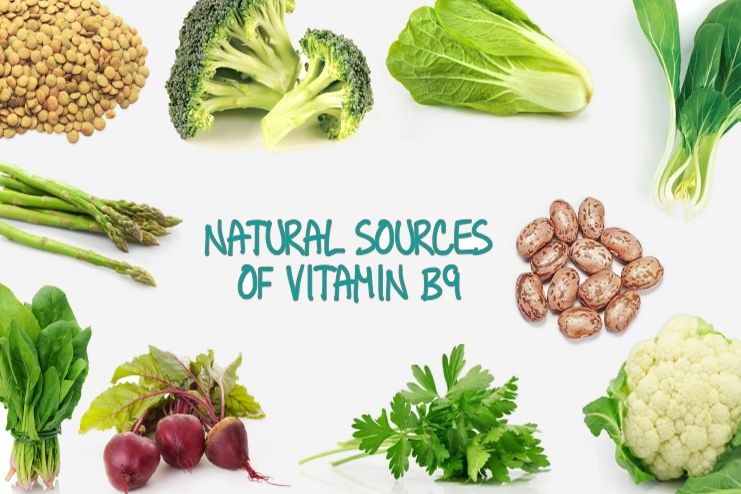
Yet another effective treatment for hot flashes lies with the consumption of Vitamin B9. Vitamin B9, also known as folic acid, may help reduce hot flashes during menopause by potentially balancing neurotransmitters in the brain, particularly by increasing serotonin levels and decreasing norepinephrine, which is thought to play a role in regulating body temperature; research suggests that supplementing with folic acid could potentially reduce the severity and frequency of hot flashes.
6. Ginger
Menopausal hot flashes are best cured with ginger. While ginger is known for its amazing medicinal properties for treating cold and even nausea, this tuber has pronounced effects on treating hot flashes.
It is believed that the combination of antioxidant and anti-inflammatory properties, along with the presence of gingerols, contributes to a significant reduction of hot flashes.
As for dosage and consumption, ginger can be consumed as a supplement or with tea. It must be limited to 4 grams per day.
7. Garlic
One of the primary reasons for hot flashes is the lack of estrogen in the body because of menopause. Garlic, rich in phytoestrogens, is a fantastic remedy for relieving hot flashes.
Consume 1-2 cloves of raw garlic in the morning, or even just have it in your food. Excess garlic has few side effects except bad breath, which is why it can be consumed in good amounts.
8. Black Cohosh
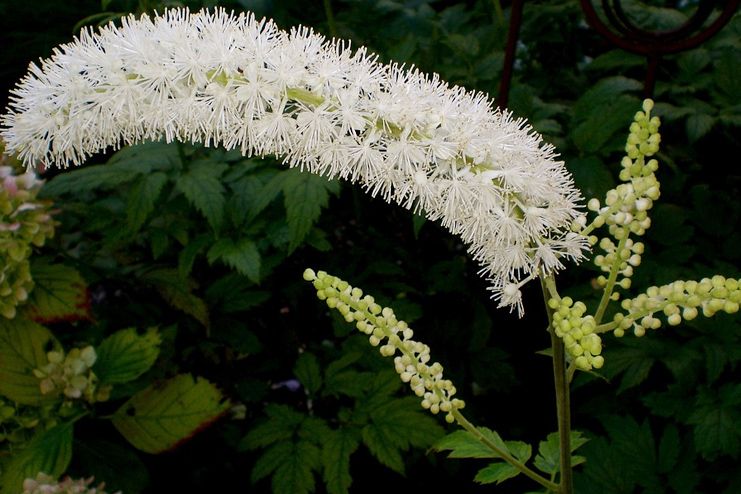 Black cohosh is a herb that has pronounced effects on menopause treatment. It mimics the function of estrogen and helps treat hot flashes. It helps reduce the hot flashes by 26%. As for dosage, consuming 40-80 mg of black cohosh supplement capsules per day is advised, based on the instructions on the package or your healthcare provider.
Black cohosh is a herb that has pronounced effects on menopause treatment. It mimics the function of estrogen and helps treat hot flashes. It helps reduce the hot flashes by 26%. As for dosage, consuming 40-80 mg of black cohosh supplement capsules per day is advised, based on the instructions on the package or your healthcare provider.
9. Sage
Sage is beneficial for curbing a few signs and symptoms of menopause, especially hot flashes during menopause.
Sage can easily be used as a dried herb or infused into soups and other food varieties to obtain its maximum benefits.
10. Essential Oils
Applying specific essential oils on certain body parts can help calm the symptoms of hot flashes. The topical application or even inhaling the scent of some of these essential oils can effectively help reduce hot flashes.
Some of the most common types of essential oils for hot flashes include:
I. Clary Sage Oil:
- Apply this around the back of the neck and massage it gently.
- Pour 3-4 drops of clary sage oil into a tissue and napkin and inhale it. It has antidepressant-like effects on the body, which helps cool down the symptoms of hot flashes.
II. Peppermint Oil:
- Pour 3-4 drops of peppermint oil into a tissue and inhale the scent. The cool and calming scent helps cool down the signs and symptoms of hot flashes.
- Menthol-like properties help reduce the discomfort of hot flashes. For the best results, you can apply the oil topically.
III. Lavender Oil:
- Add a few drops of lavender oil to a cold compress and place it on the perineum. If you are feeling any discomfort around the perineum, this compress helps relieve it. Keep the compress for 30 minutes for pronounced results.
- You can even pour a few drops into a tissue and inhale the smell. It relaxes your mind and helps calm you down.
IV. Basil Oil:
- Basil oil is much more than a garnish at the top of your pasta dish. It has amazing effects on treating hot flashes.
- Apply a few drops of basil oil under the feet or across the neck for better results
V. Geranium Oil:
- This oil has long been used to treat menopausal symptoms. Add a few drops to a tissue and inhale the scent for momentary relief and relaxation.
- You can even mix a few drops into your bath for further measures.
11. Coconut Oil
Coconut oil is said to have cooling properties when applied topically. Women suffering from menopause have applied coconut oil to their scalp before bed to help them keep their hot flashes and night sweats in check.
Apply a good amount of coconut oil to your scalp and massage it in. It will help keep the scalp cooler than normal and help curb the symptoms of hot flashes.
Read more: 7 effective ways to use coconut oil for eczema
12. Juices for Hot Flashes
Sometimes, apart from hormonal disbalance, a lack of hydration contributes to hot flashes. If you are tired of just drinking water for hydration, here are the top three amazing juices for relieving hot flashes.
I. Lemon Juice:
Lemon juice is one of the sought-after natural remedies for hot flashes. Studies have claimed that the antioxidant property of lemon helps with the various symptoms of hot flashes.
Drink 3-4 glasses of lemon water every day to keep yourself hydrated and to prevent night sweating and hot flashes.
II. Tomato Juice:
Tomatoes are an amazing remedy for treating menopausal symptoms like hot flashes, anxiety, and even resting energy expenditure. The slight acidity and nutrients in tomatoes are believed to help in hydration.
Drink 1-2 glasses of freshly extracted tomato juice daily for pronounced effects in reducing night sweats and hot flashes.
III. Pomegranate Juice:
Pomegranate juice is a fantastic remedy for treating menopausal signs and symptoms, primarily hot flashes and night sweats. Its natural hormone-balancing properties make it one of the most favored remedies for stopping hot flashes.
Drink 1-2 glasses of freshly squeezed pomegranate juice every day. Stick to freshly pressed juices, as over-the-shelf ones contain many additives and preservatives that are not good for health.
13. Teas For Hot Flashes Treatment
The nutritional value of tea works wonders, not what temperature you drink it.
I. Ginseng tea
Ginseng is an amazing herb that has been seen to provide an individual with amazing relief from pre- and postmenopausal side effects, hot flashes, and night sweating. Consumption of this herb in the form of tea is not just relaxing for the mind but also helps curb the discomfort that one experiences because of hot flashes.
Drink 2-3 cups of ginseng tea for hot flashes during menopause. Try drinking a cup an hour before bed at night to fight the symptoms of night sweating.
II. Green Tea:
Green tea is loaded with amazing antioxidants, which makes it one of the most convenient options for treating hot flashes. However, excessive consumption can even worsen the condition, so it is best to stick to something mellow and a cooler temperature rather than drinking it piping hot.
Drink 2-3 cups of iced green tea daily.
14. Passion Flower
Passionflower promotes GABA levels in the body and helps reduce depression during menopausal days.
It also effectively treats several vasomotor functions like hot flashes and night sweats.
It is always best to rely on the doctor’s recommendations for the correct dosage.
Read More: Benefits of Passion Fruit
Conclusion
As we know, hot flashes are primarily noticed in women who have attained menopause. If you are experiencing similar symptoms, understand and take action to prevent them. Hot flashes, though uneasy, are treatable. Do not shy away from taking proper treatment and supplements if hot flashes persist after using home remedies.
We understand menopause can be challenging, and hot flashes can add to the discomfort. But treating it in time gives you immediate relief. Identify the signs, and act soon!
-
Jul 2018Written by Somapika D
-
Jan 2025Edited by Vaishnavi
In this Article









